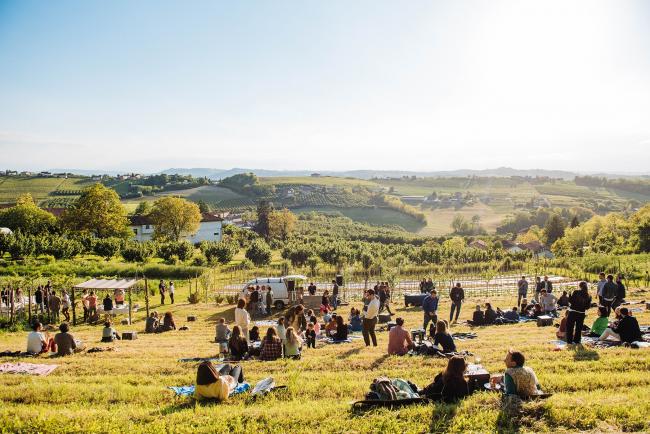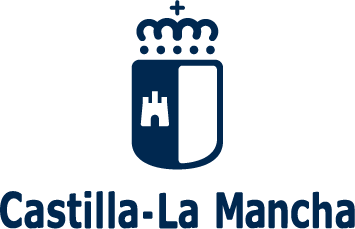Young people at work
Private / public

This best practice deals with youth entrepreneurship issue as a driver for social and economic revitalization of rural areas. Here are presented two cases of young entrepreneurs, a woman and a man, who came back to their native lands to start their own activity in the agricultural sector: a dairy farm in Ossola Valley (mountain area in Northern Piedmont), which is also farmhouse and educational farm, and a farm on Asti hills (central Piedmont) that produces peppers and artichokes restoring ancient seeds.
Cristina is the founder of Alpeburki, a dairy farm based in Ossola Valley, associated with a rural tourism and cheese production business in the alpine area of Verbano Cusio Ossola. The combination of qualified collaborators, with different skills has allowed her to diversify and improve the quality of her products. Innovation, tradition and respect for the environment are combined in this project. Cristina, in her role as President of the Italian Cheese Producers' Association, represents and defends the interests of her sector. Her experience shows that with innovative ideas and effort, rural areas can be revitalised and become an endogenous source of development.
Stefano as owner and founder of a peppers and artichokes farmhouse has created a business that combines respect for local varieties of products and the introduction of new technologies, boosting local development in the province of Asti. His project has amplified visibility thanks to the opportunities of the digital world. In addition, Stefano and his entrepreneurial project are involved in movements and networks such as the Slow Food Foundation for Biodiversity, which promotes a model of agriculture based on local biodiversity and respect for the territory and the environment. In this sense, the type of agriculture developed by Stefano is in line with the European Farm to Fork strategy and other similar initiatives aimed at a model of sustainable agriculture and food.
The common thread of these two cases is the slogan “Back to the roots”: they are both business projects with a clear idea that combines traditional aspects linked to agriculture and local gastronomy with sustainable production methods that incorporate new technologies.
The two case studies of youth entrepreneurship in rural areas have many positive aspects:
- Knowledge transfer: learning from old generation but with additional technical and scientific skills.
- Interest in old ways/cultivation methods/plants, preventing the loss of local cultural heritage.
- Ethic and scientific approach behind the project.
- Diversification in the variety of products, with focus on seasonal flow and valorization of local products.
- Both initiatives are well positioned with respect to the new Common Agricultural Policy and European agrifood sector programs aimed at sustainable, quality and environmentally friendly production.
- Uplifting the area, also with cultural and learning events, good to connect with rural tourism.
- Link between rural agriculture and local development.
- Collaboration with neighbors and participation in associative movements.
- Owners are locals, but with a worldwide education: they know local characteristics and combine them with their wide knowledge and international experience.
- Good social media and communication management with new methodology of making business and approaching clients.




Rural areas are getting more and more popular after the outbreak of COVID-19; pandemic is having a positive effect on territorial repopulation, hence policy makers should boost and re-design instruments and services for such areas.